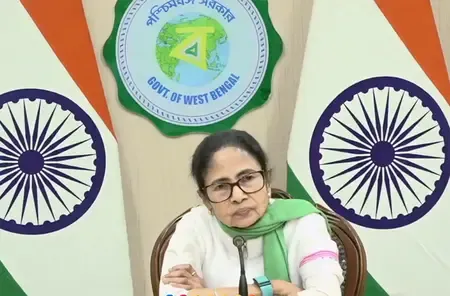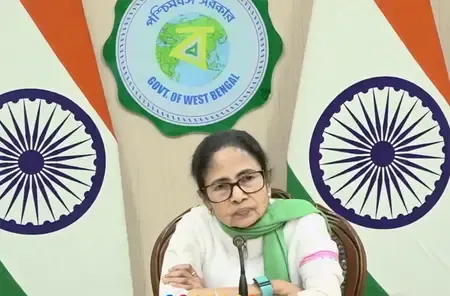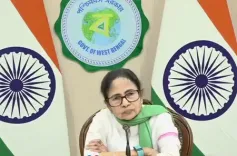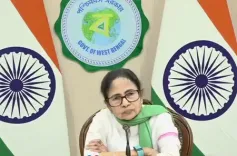Why Should the MP Government Reconsider Its Land Pooling Policy?
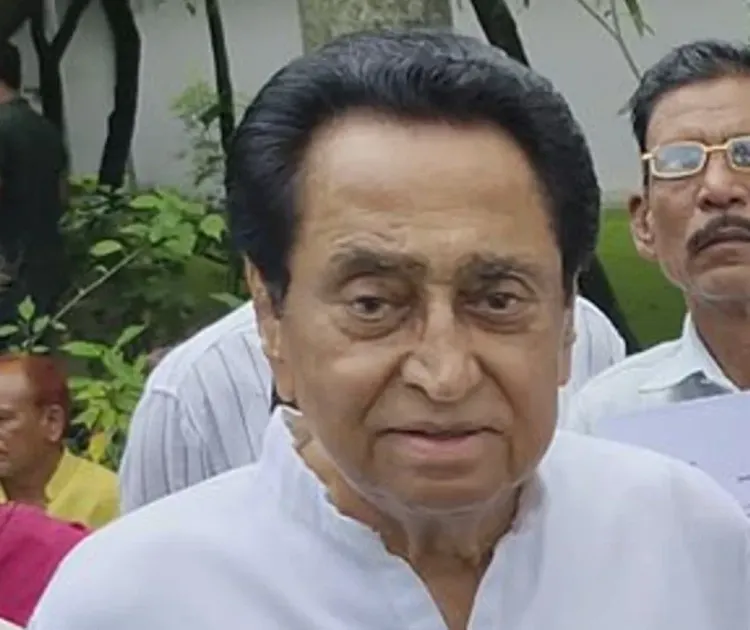
Synopsis
Key Takeaways
- Kamal Nath warns against potential negative impacts of land pooling on farmers.
- The policy has seen significant opposition, leading to possible protests.
- Land pooling aims to facilitate urban development while reducing traditional acquisition complexities.
- Historically, the policy has roots in initiatives by the Delhi Development Authority.
- Engagement with farmers is crucial for the sustainable implementation of development policies.
Bhopal, Aug 12 (NationPress) The former Chief Minister of Madhya Pradesh, Kamal Nath, has voiced strong opposition against the state government's land pooling policy, cautioning that it could negatively impact farmers in the long run.
Referring to the BJP-led Madhya Pradesh administration's new law regarding land acquisition as "anti-farmer", the Congress leader urged for its immediate retraction, warning that if not, significant protests will ensue from the opposition.
He pointed to recent farmer protests in Punjab against similar land pooling policies, indicating that Madhya Pradesh might also experience unrest if the new law remains in effect.
"Should Madhya Pradesh fail to rescind its land pooling policy promptly, the Congress party will explore all available avenues to resist it," Kamal Nath stated in a press release on Tuesday.
It's crucial to note that the state government has modified the Madhya Pradesh Nagar Tatha Gram Nivesh (Sanshodhan) Adhiniyam, 2025, which was approved during last week's monsoon session of the State Legislative Assembly.
Land pooling is utilized in Madhya Pradesh as a vital mechanism for structured urban development, especially under its Integrated Township Policy, which permits landowners to voluntarily consolidate their properties for organized urban growth.
This land pooling concept originated with the Delhi Development Authority (DDA) roughly a decade ago, aimed at acquiring agricultural lands for real estate ventures.
Subsequently, it has been embraced in Noida, Greater Noida, and various other development authorities across the Delhi-NCR region. This approach reduces reliance on traditional land acquisition methods, which frequently involve intricate processes and compensation disputes.
Moreover, land pooling fosters systematic urban growth, ensuring land availability for infrastructure and affordable housing.
Interestingly, Kamal Nath, who previously endorsed the land pooling policy during his tenure as Chief Minister from 2018 to 2020, is now opposing the current policy introduced by Chief Minister Mohan Yadav.



